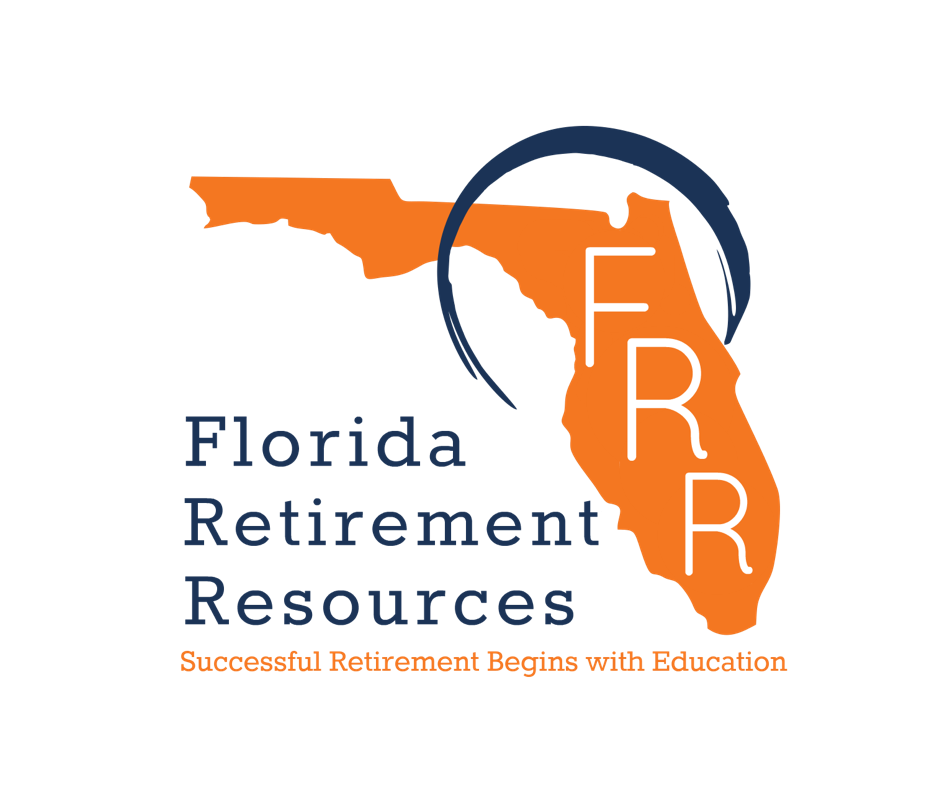Important Considerations Before Making a Lump Sum Withdrawal For members of the Florida Retirement...
What Happens to Your FRS Benefits If You Pass Away
For members of the Florida Retirement System (FRS), planning for the future includes more than just retirement income—it also involves understanding how benefits may be handled in the event of death. Whether you're in the Pension Plan, the Investment Plan, or participating in DROP, it’s important for both members and their loved ones to be informed about how these benefits can transfer and what steps are involved.
This guide outlines what typically happens to FRS benefits when a member passes away and what spouses, dependents, or designated beneficiaries may need to know.
1. FRS Pension Plan: Survivor Benefits Depend on the Option Selected
If you are enrolled in the FRS Pension Plan, your survivor benefits will depend on the retirement option you selected at the time of retirement. There are four main options:
-
Option 1: Pays the highest monthly benefit during your lifetime, but benefits stop upon death. No payments continue to a beneficiary unless death occurs before retirement.
-
Option 2: Provides a benefit for 10 years. If the member passes within that 10-year period, the remainder is paid to the beneficiary.
-
Option 3: Pays a reduced monthly benefit during the member’s lifetime, but continues the same amount to the beneficiary for the rest of their life.
-
Option 4: Pays a smaller initially reduced monthly benefit during the member’s lifetime than option 3, and a reduced amount to the beneficiary upon the member's death.
Important considerations:
-
Once a retirement option is selected, it is typically irrevocable.
-
In the event a member passes away before retirement the FRS will automatically assume Option 3 for a surviving beneficiary.
Action step: Review your selected pension option and make sure your spouse or beneficiary understands what that means for them financially.
2. FRS Investment Plan: Account Transfers Based on Beneficiary Designations
If you’re in the FRS Investment Plan, your account balance is generally transferred directly to your designated beneficiary.
-
Investment Plan assets do not go through probate if beneficiary forms are properly completed.
-
Member can list primary and contingent beneficiaries such as a spouse and children as beneficiaries of their account.
Action step: Log into your Investment Plan account and verify that your beneficiary information is up to date.
3. DROP (Deferred Retirement Option Program): Distribution Upon Death
For those enrolled in DROP, the account balance becomes payable to the named beneficiary upon death.
-
If the member dies before exiting DROP, the named beneficiary receives the accumulated balance.
-
If the member passes away after DROP distribution begins, remaining funds are transferred to the named beneficiaries.
-
It’s important that if you rollover your DROP money outside of the FRS that you name beneficiaries on your new account outside of the FRS.
Action step: Review DROP account documents to confirm designated beneficiaries and understand how funds will be paid out.
4. Filing a Claim: What Beneficiaries Need to Know
In most cases, beneficiaries will need to submit the following:
-
A certified death certificate
-
Completed beneficiary or claim forms (depending on the plan).
-
Proof of identity and possibly a Social Security number or other verifying information.
Each type of FRS plan may require different documentation. It's advisable for surviving spouses or beneficiaries to contact the Division of Retirement or the plan administrator for detailed instructions.
5. Keeping Beneficiaries Informed and Prepared
Proactive planning and clear communication can help reduce confusion during a difficult time. Consider taking the following steps:
-
Keep records of plan documents and credentials, and inform your beneficiaries of where to locate them.
-
Ensure your will or trust is consistent with your FRS beneficiary designations.
Closing Thoughts
While it’s not fun to think about, understanding what happens to your FRS benefits when you pass away can support more informed decision-making and help reduce uncertainty for your loved ones. Reviewing your beneficiary designations regularly and coordinating with your estate plan can help keep your passed-down benefits in line with your intentions.
If you or your family members have questions about how your FRS benefits fit into your broader retirement and estate planning strategy, professional guidance may be helpful.




